Underwhelming Champions League draw shows why Uefa has changed format
The Champions League will switch its format to the ‘Swiss model’ next season, with no ‘heavyweight ties’ in this year’s last 16 draw as Uefa and Fifa continue their battle for financial power in the game


As Uefa completed the Champions League draw and then proclaimed “the greatest club competition in the world” by rote rather than any instinctive emotional response, there wasn’t really any great tie to look forward to.
Perhaps the most alluring is Napoli vs Barcelona, but that’s only because the champions of Italy and Spain are having relatively poor seasons. It brings a rare unpredictability. There is otherwise no Real Madrid vs Paris Saint-Germain of 2018 or 2022, or Liverpool vs Atletico Madrid of 2020. There certainly aren’t the more even ties of a decade ago, when clubs like Borussia Dortmund and Real Sociedad could keep better teams together just that bit longer.
Through all that, the last-16 draw for the 2023-24 Champions League at least continued a trend for the competition, which is precisely why they’re changing it. It is that it feels like the “real start” is getting later and later.
With the group stage generally a procession, the last 16 round is when the competition has tended to come alive. But now we’re looking to the quarter-finals.
Amid such complaints, people will no doubt point to how compelling the Newcastle United and Manchester United groups were. The elimination of a sportswashing project and one of the biggest clubs in football, as well as how that halved the contingent of the wealthiest league in the world, will doubtless be held up as a sign of the health of the competition.
It isn’t really, though. For one, it’s still widely expected that both Arsenal and Manchester City will cruise through against Porto and Copenhagen, respectively.
Two, it says far more that six of the groups were processions rather than only two were alive and compelling until the end. This is “sport” after all. It’s supposed to have sufficient competitive balance to make it interesting.
It’s also why this is a case of confusing health with weakness due to the effects.
The impact of Copenhagen and Dortmund notwithstanding, the energy of those groups felt more down to the individual circumstances of the two Premier League clubs. Manchester United are generally having a poor season, leaving them vulnerable to any competent side. Newcastle United undeniably overachieved to get into the Champions League, even allowing for the advantages of the ownership, leaving them stretched and also in the toughest group due to their lower seeding.
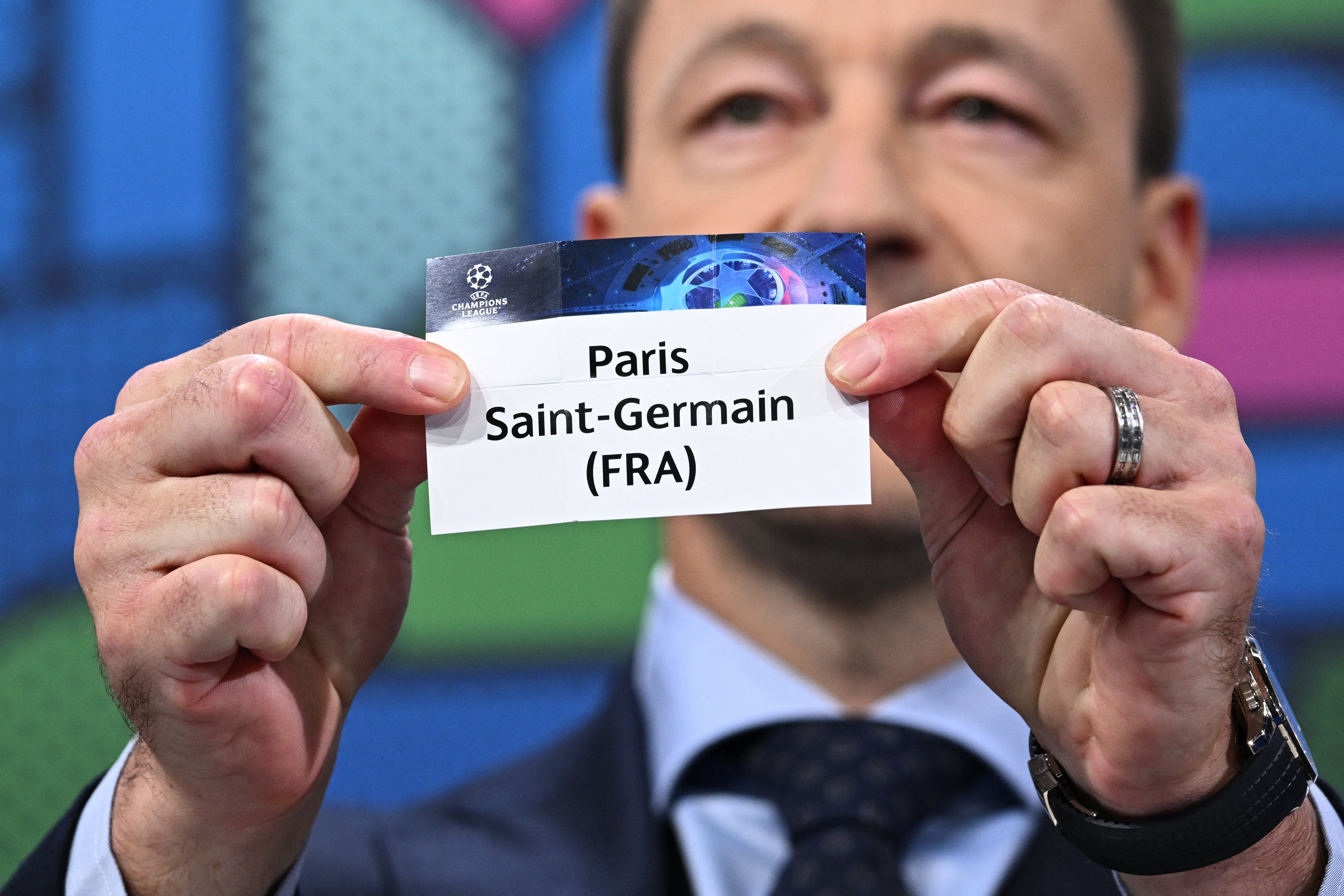
It all leaves a last 16 where there’s only a hope that something good will happen, rather than an expectation.
The reasons for this are the same reasons the group stage is being reformatted, and why Uefa are tackling the wrong issue.
It is the increasing financial polarisation of the sport. No one with a revenue of less than £450m revenue has even won the competition since 2013, and that was Bayern Munich. Last season, Inter were the first club with a revenue of less than £330m to make the final since 2016, and that was partly because the draw was so lopsided. These are the thresholds now required to compete. That split has fostered this situation where the draw for the greatest club competition of all time (™) is reliant on the wealthiest clubs having bad seasons.
That is generally happening at the moment but, as we saw with the current champions last season, it can drastically change come February. Part of that is also that wealthier clubs can just weather seasons better. Upstarts tend to fall away because they can't sustain it.
By the same token, there’s a crucial philosophical difference between clubs like Real Sociedad and Lazio being able to put it up to PSG and Bayern Munich because they’re able to be high-level sides, or because PSG and Bayern just happen to be performing at lower levels.
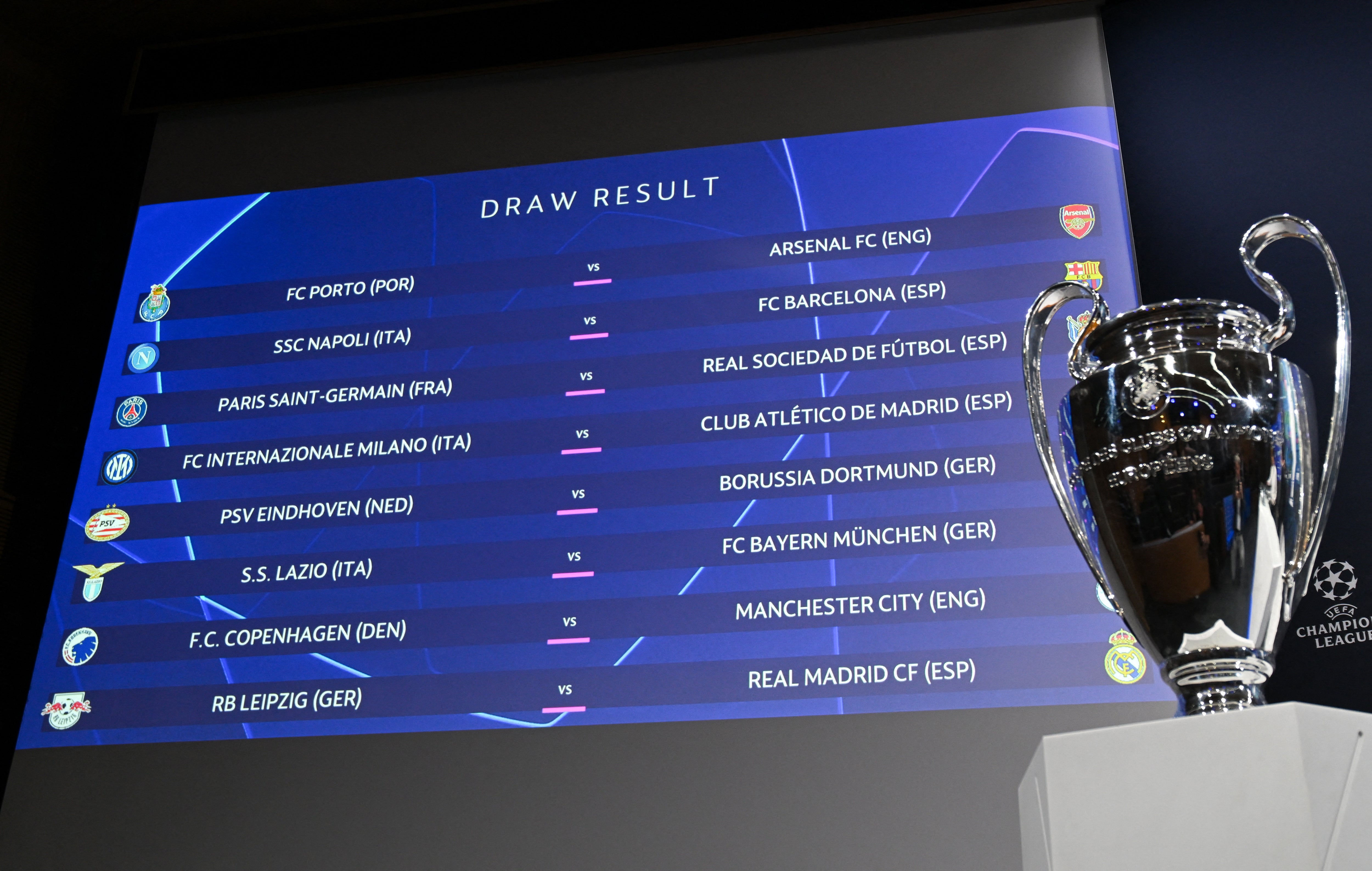
The former is healthy for the sport and what it used to be. The latter isn’t. The latter promotes this self-perpetuating desire for “heavyweight ties”, none of which we have here. That’s incredible to think that Real Sociedad had more domestic titles than PSG when the Champions League was founded and that, two decades ago, Lazio had the most expensive squad in the world. Now, it's seen as an achievement when they can keep good players for more than a season.
None of this should be confused as a dismissal of the chances these historic names have for this last 16 draw. Some, such as Real Sociedad, are admirably run projects in the modern game. That modern game is nevertheless the problem. This isn’t a dismissal. It's a desire that clubs who are only just outside the top 15 wealthiest in the game should be able to do more than just improvise around financial impositions.
There’s both an irony and urgency to all of this as the draw takes place in the same week as the next decision on the Super League comes, which is Thursday. The European Court of Justice will decide whether or not Uefa and Fifa represent monopolies that need to be broken, potentially allowing other bodies to organise competitions.
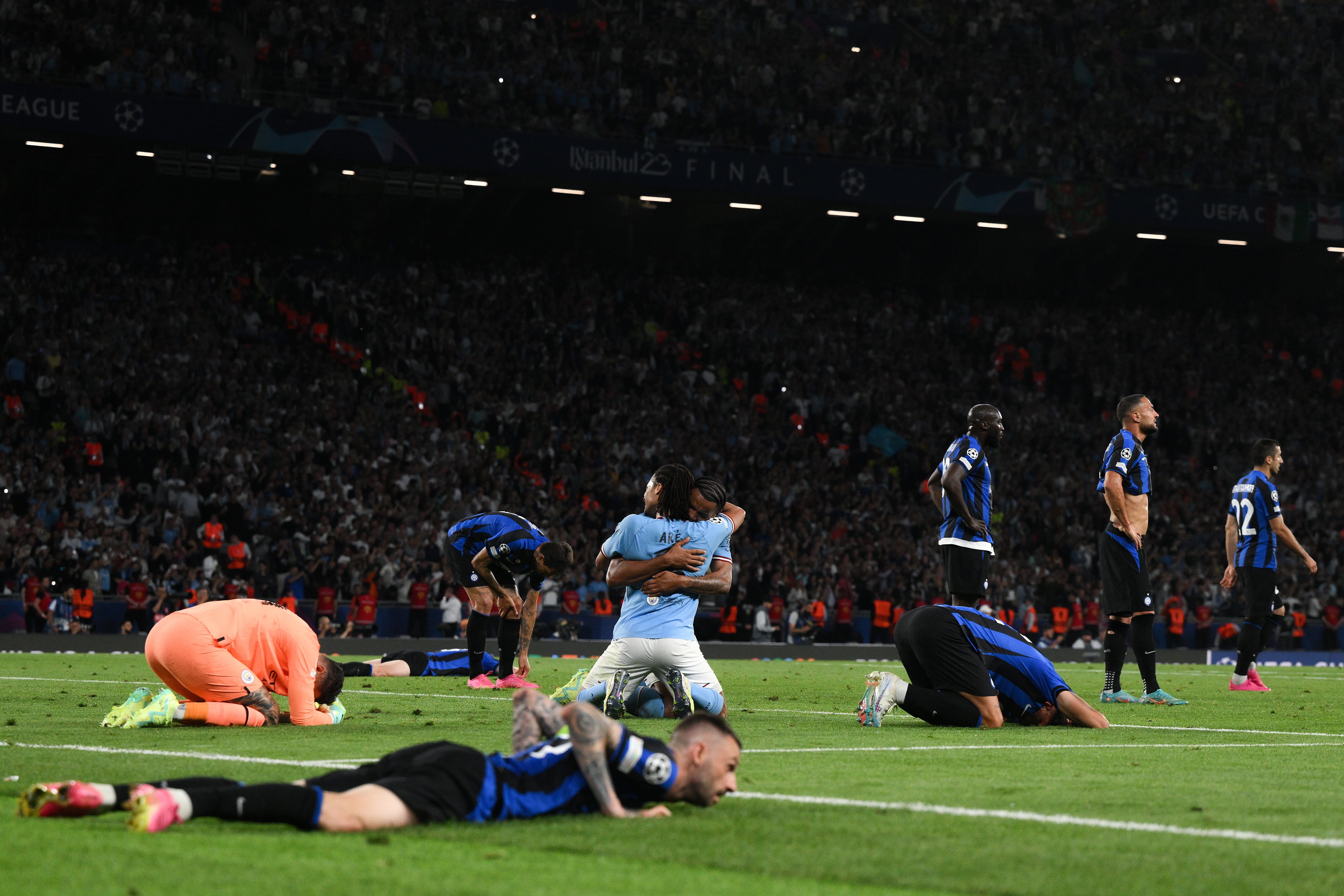
This season’s lack of heavyweight ties is precisely what the backers of the Super League will point to as part of rationalisations as to why “the Champions League is now failing as a competition”. Even Inter vs Atletico Madrid, three finals between them in the last decade and two original Super League sign-ups, feels second tier.
But, if it is failing, which is arguably the case, it is because of the world that these same clubs have created. They directly pushed for this financial polarisation that has made a small group of clubs so globally massive.
It has led to new challengers of the Champions League’s self-proclaimed status, too. They are being squeezed on both sides. On Sunday, less than 24 hours before the draw, Fifa announced the details of the expanded Club World Cup. It now looks like a major tournament.
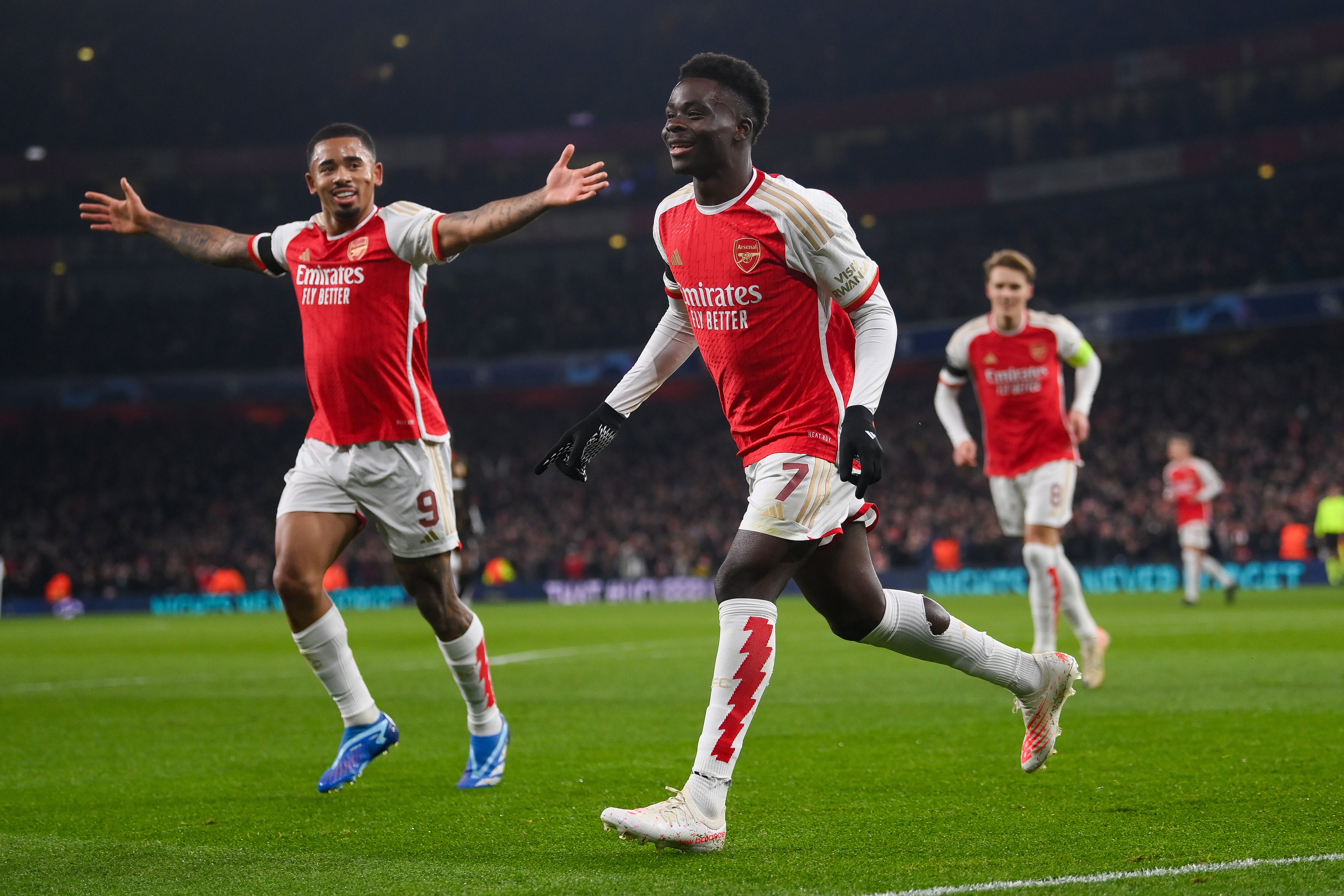
The benign interpretation of this is that Fifa is trying to spread the wealth of the club game around the world, which is a necessity. That interpretation is just made to look much more problematic when the prize money awarded to the major clubs who qualify will be so massive. That could in turn serve to distort competitiveness in non-European domestic leagues, in the same way the Champions League has done in Europe. This would directly go against the stated intentions of the competition.
It feeds into the more commonly held cynical view, that Gianni Infantino just wants Fifa’s own version of the Champions League. Saudi Arabia is meanwhile immensely invested in backing this since they are denied entry to the European competition. It all increases the likelihood of a split, while leaving the game more and more open to vested interests – be they political or financial – rather than purely sporting.
None of this is necessarily good for football. As to whether it will leave good football, well that’s been affected, too.
Look at this Champions League last 16. We are left hoping for interesting matches when that should be an expectation.
That is not what this historic competition has traditionally been about. Greatness is developed and carefully sustained, not just declared. It should not be so easily discarded.
Join our commenting forum
Join thought-provoking conversations, follow other Independent readers and see their replies
Comments

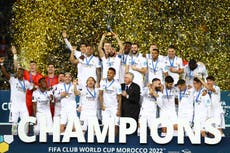
Bookmark popover
Removed from bookmarks